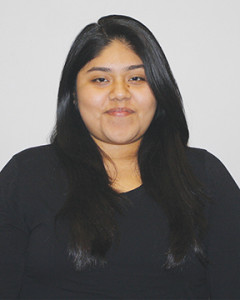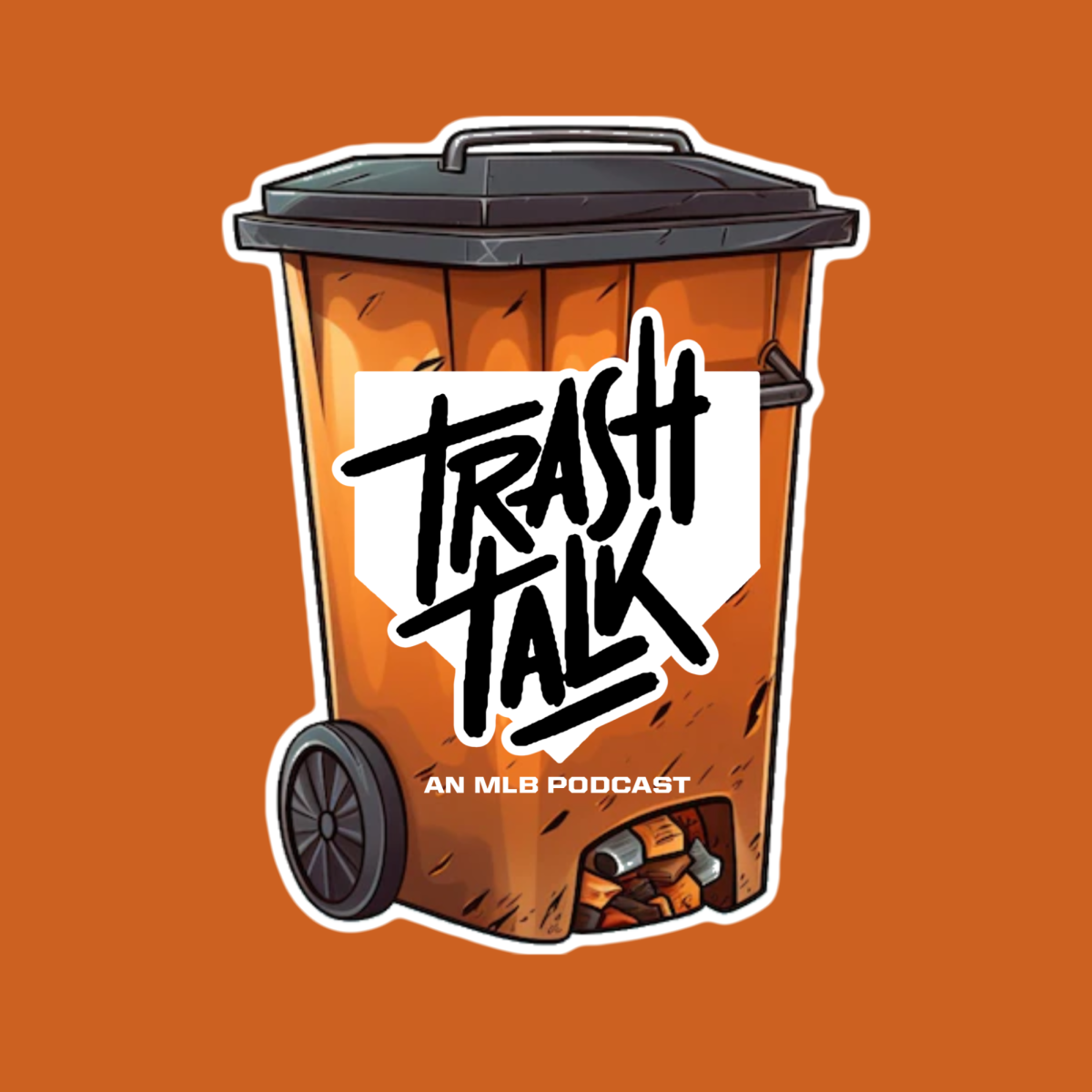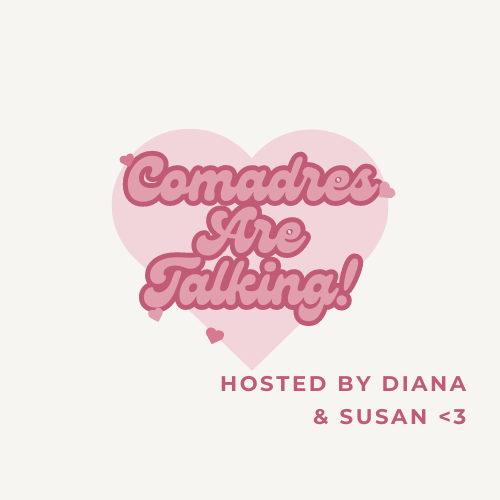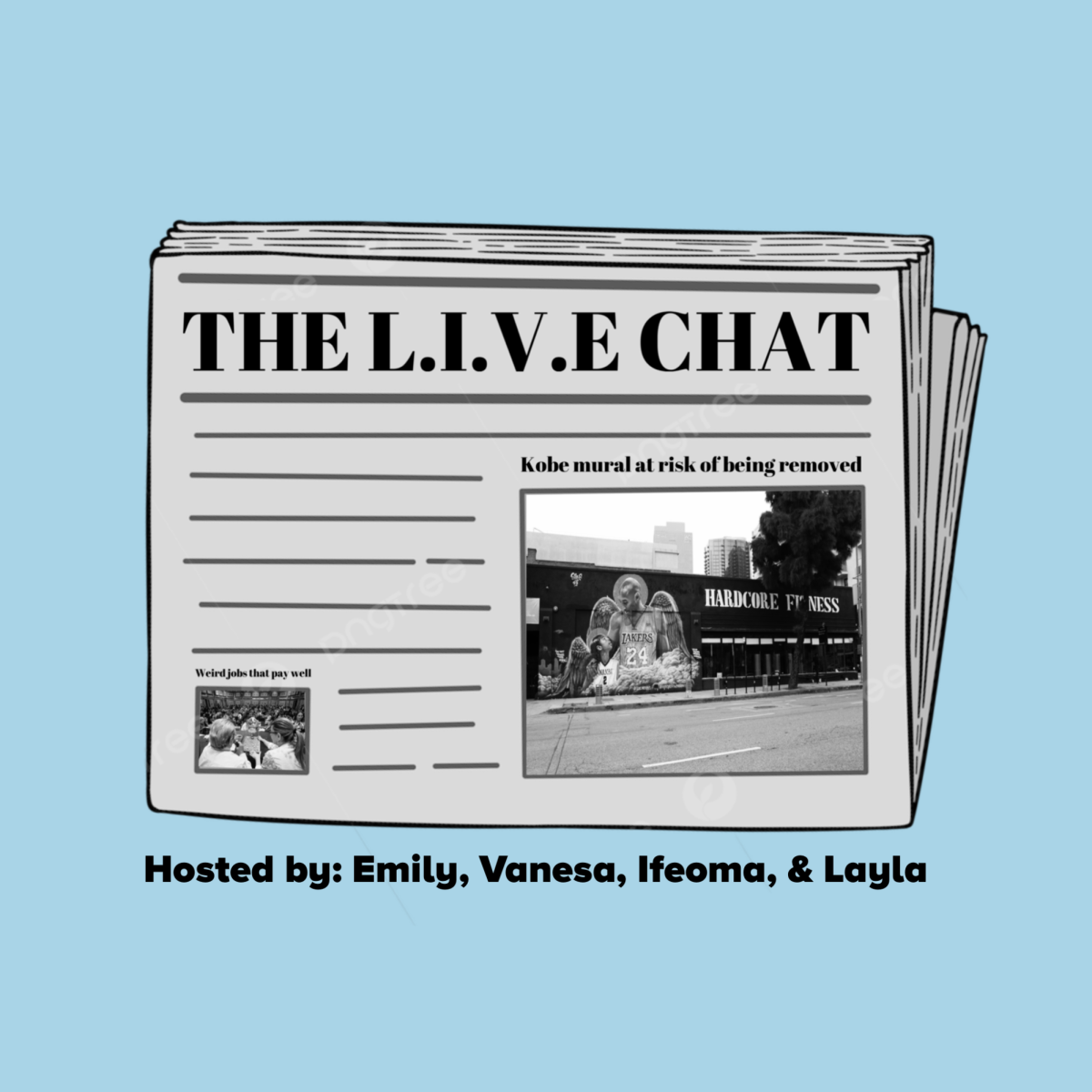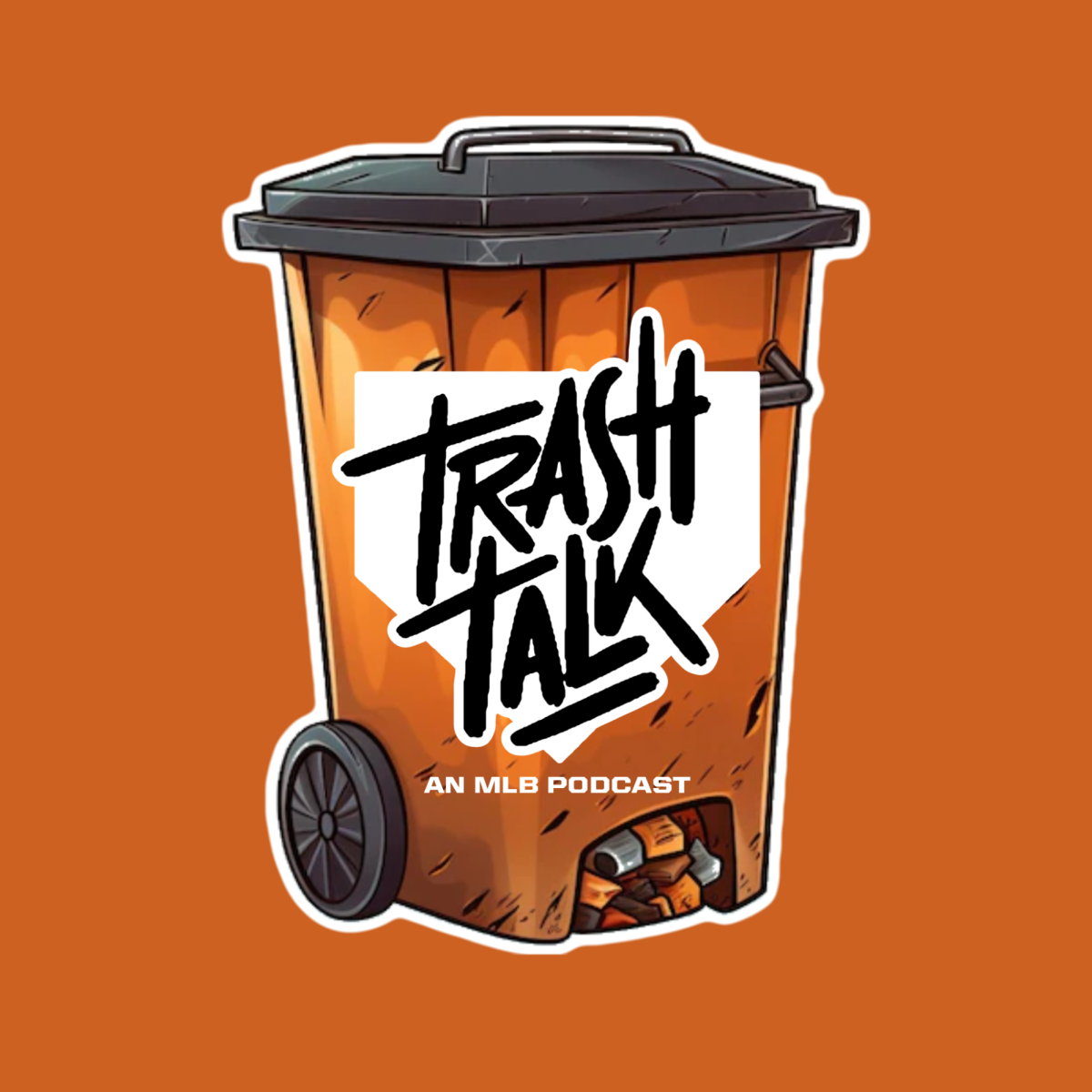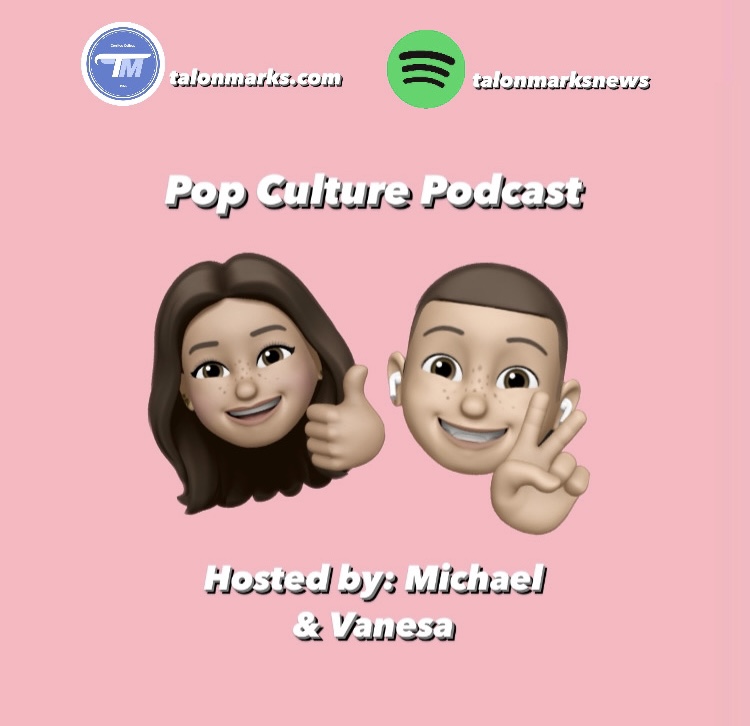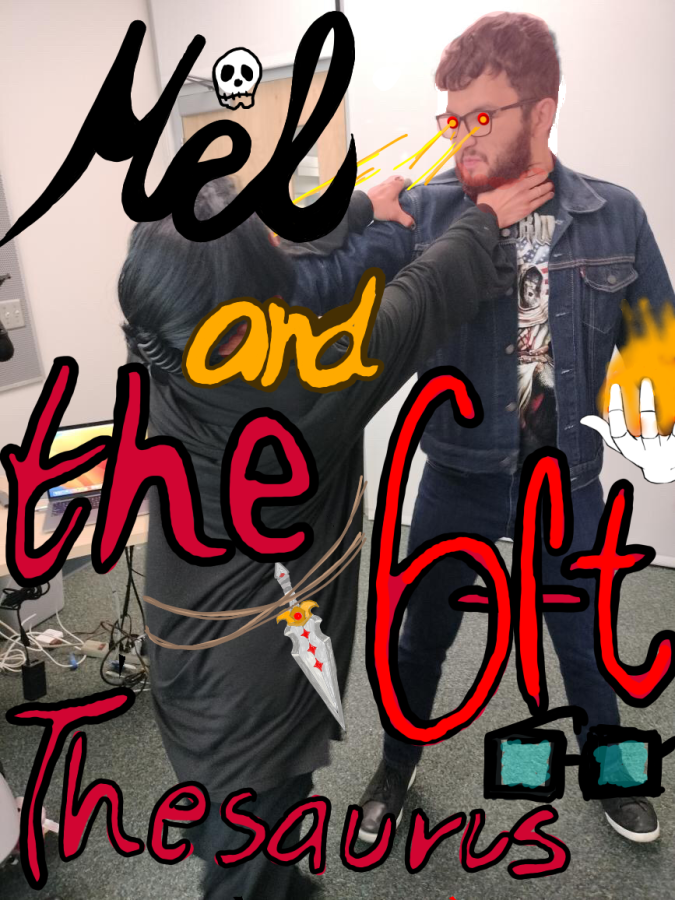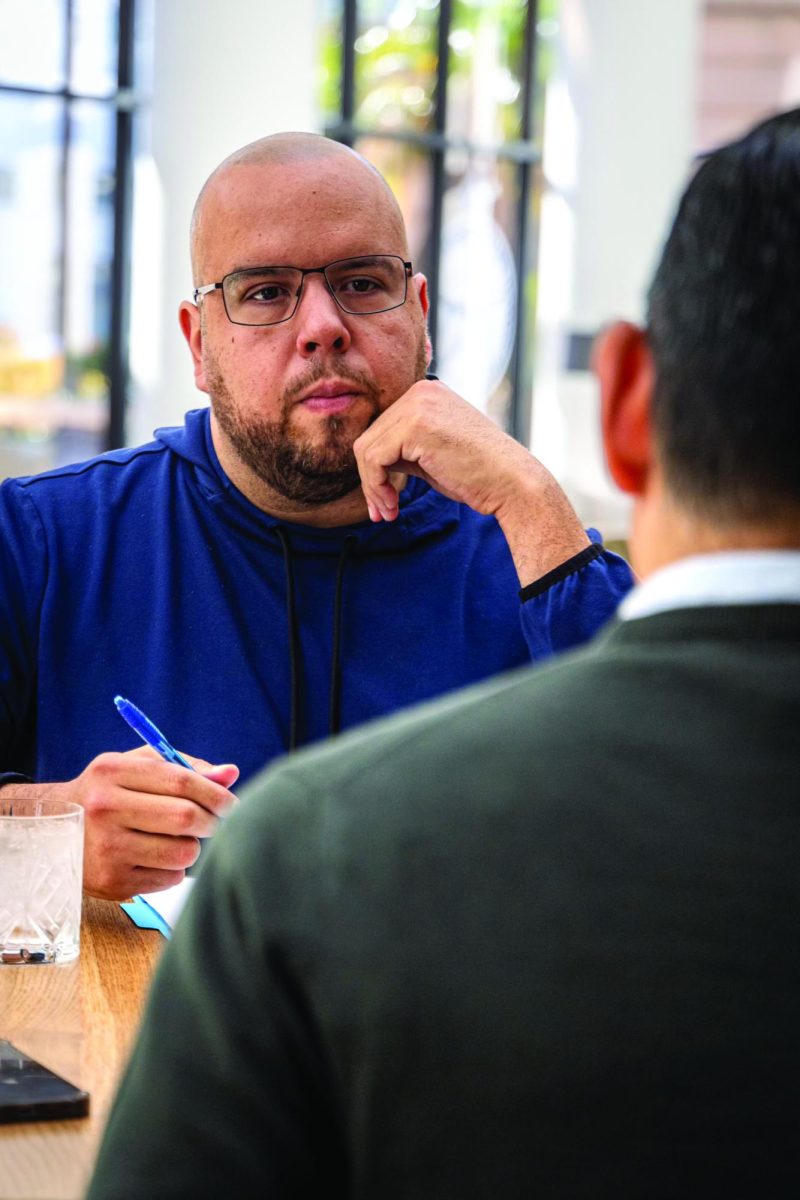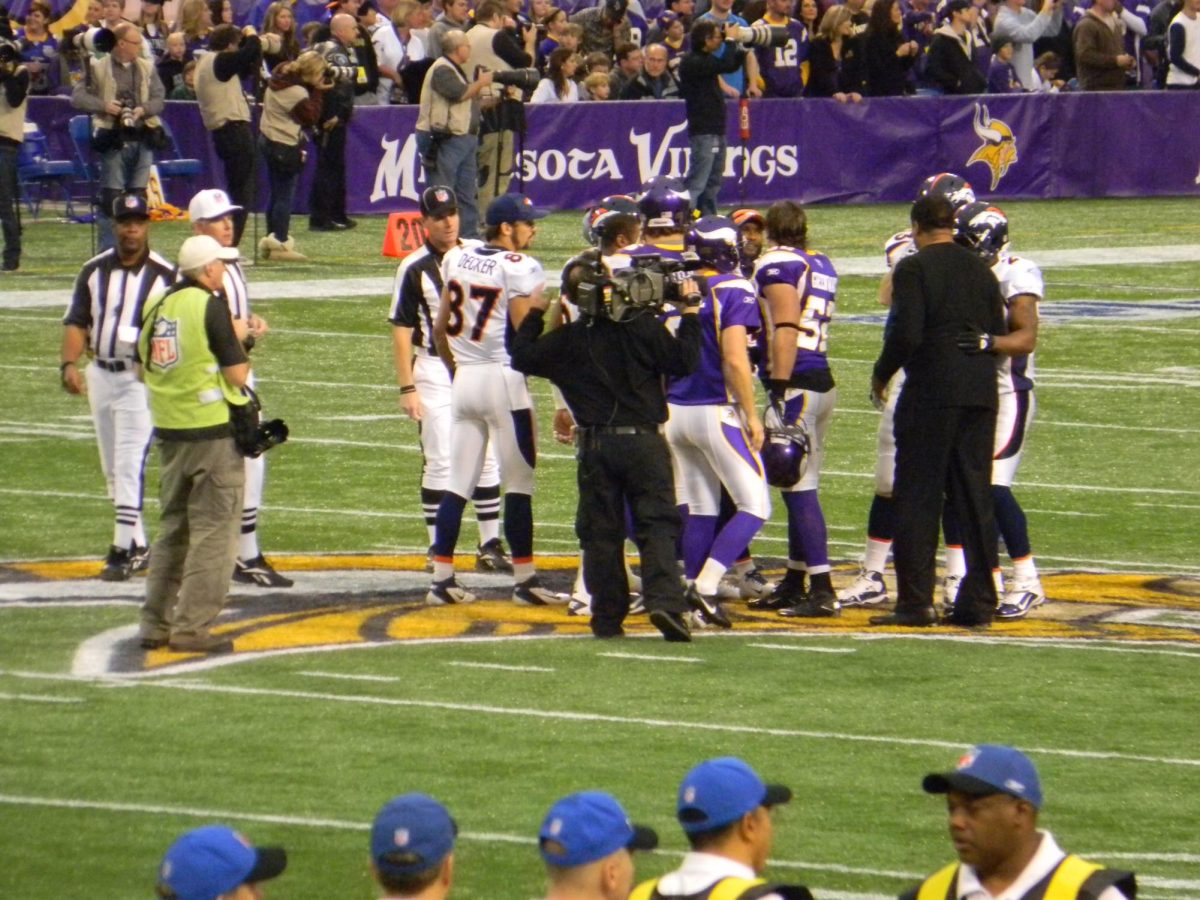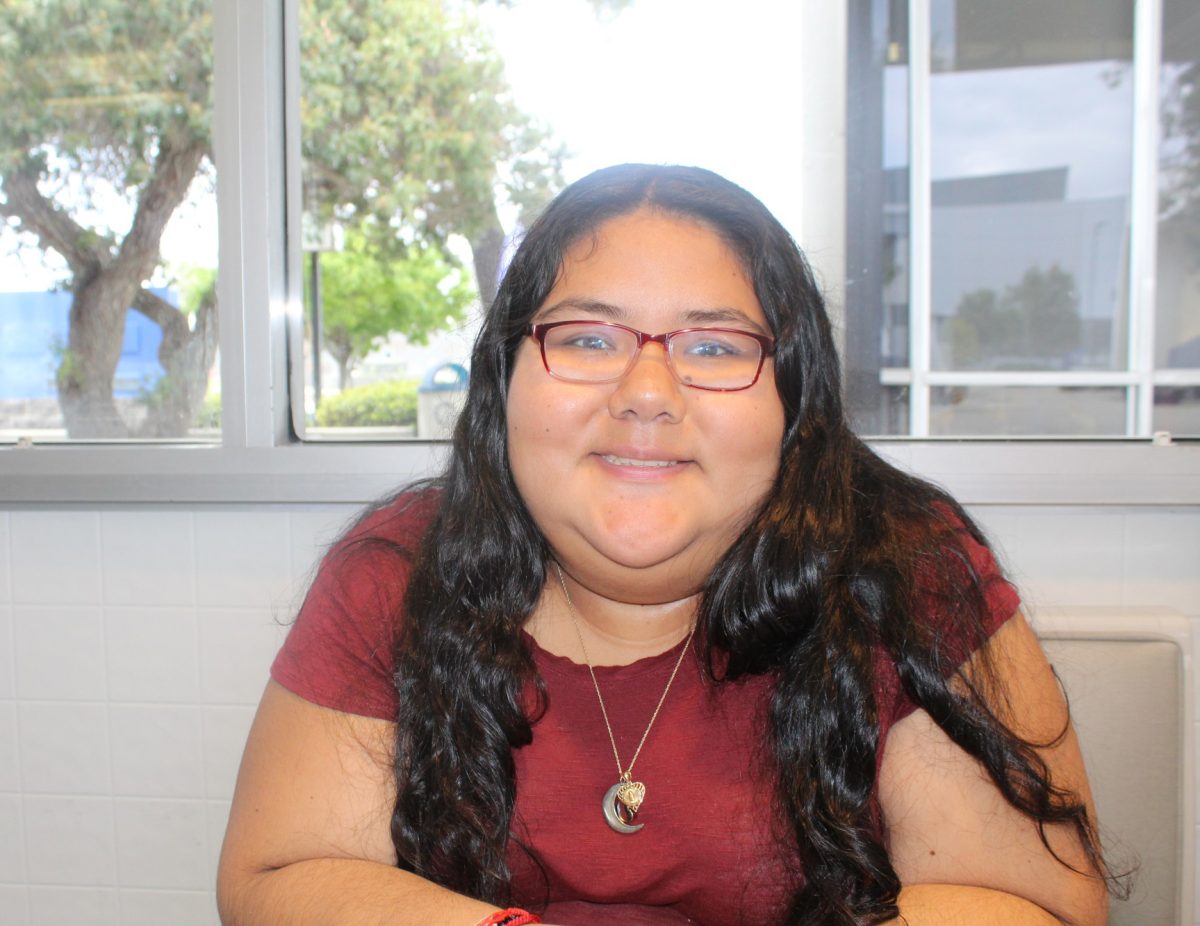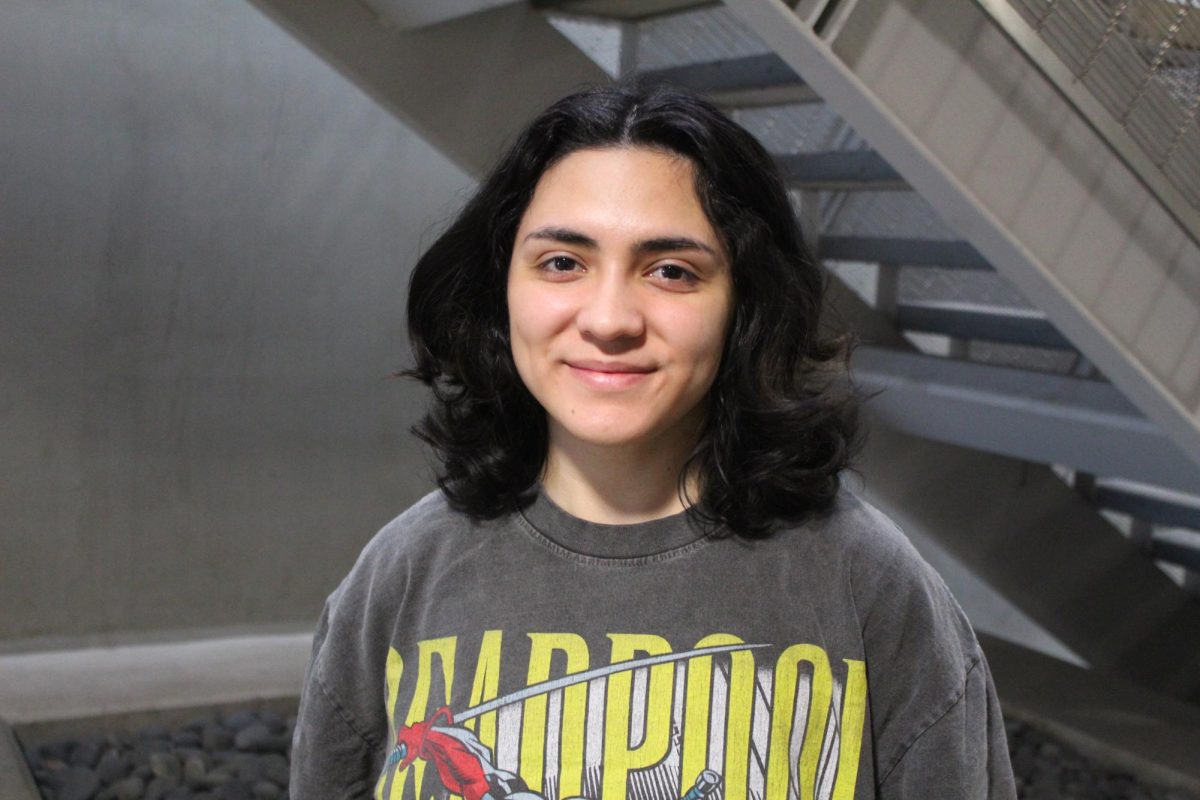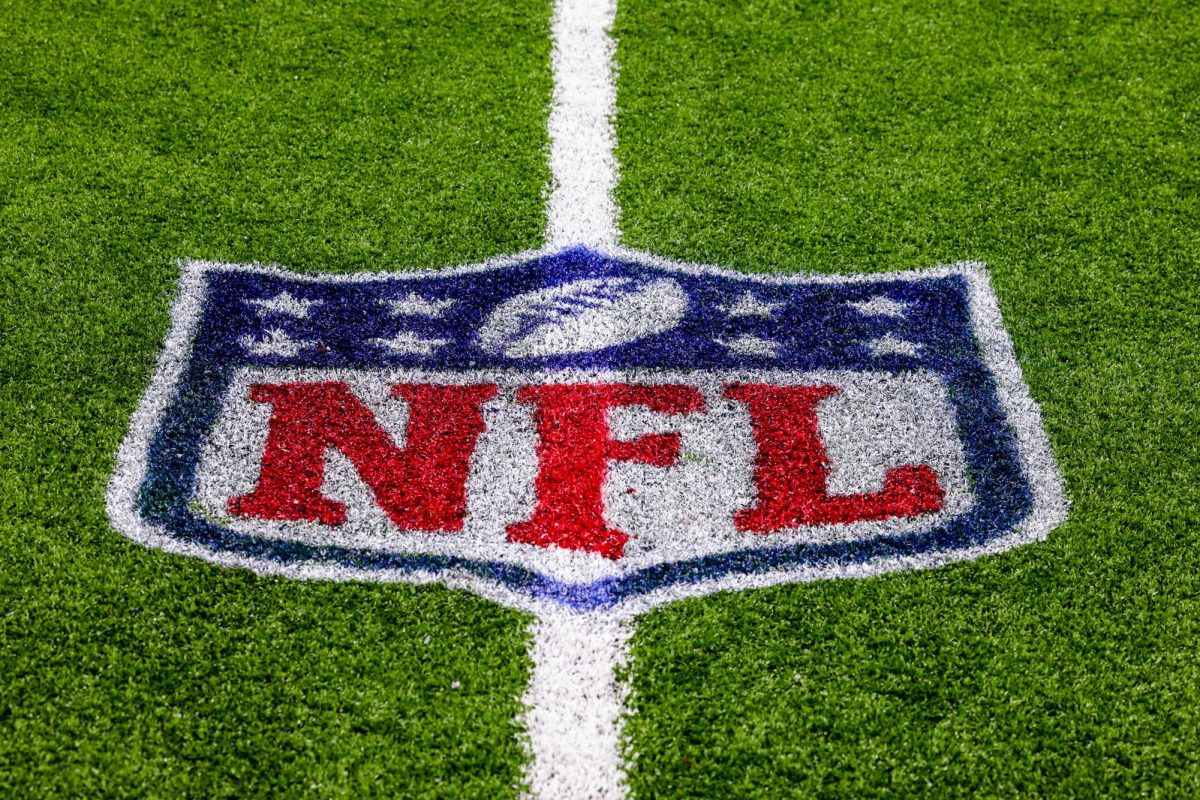Transcript:
Gustavo Olguin: Alright today at Talon Marks, we’re discussing race and culture in the college environment. In honor of the 50th anniversary of Martin Luther King’s “I have a dream” speech, and today’s participants are.
Andres: Andres Patricio, I’m a staff writer here at Talon Marks.
Solmayra: and I am Solmayra Mendez, and i am also a staff writer here at Talon Marks.
Gustavo: And I am Gustavo Olguin and i am the opinion editor over at Talon Marks.
Race seems to be a thing that always pops up but it’s never really in the big picture. How is it that you guys feel? Is it still around or is it not really there?
Andres: I feel that there are still some stereotypes in college. Maybe not as vivid as they were before, but they still play a part in daily life.
Solmayra: When people hang out with their own group of…they tend to hang out with their own race, instead of sort of like going in with different sort of people i guess it’s because you feel more comfortable. Being around people who are like the same as you, talk the same as you. So, that’s definitely still around.
Gustavo: Yeah, and it also has to do with culture and how people are brought up a certain way. Most races, they have a certain way of bringing up their kids. So they’re more comfortable with people who know your ideals. and another thing is with the colleges that scholarships are very very specific. To qualify for some you have to be a certain race, a mother, not a mother, a student. All these different things and how do you feel about the scholarships being so raced based on..
Andres: I don’t really think they should be based on race, but I understand why they do it, you know that way nobody feels like they’re being biased, against or anything like that. But over all i really don’t think race should play a factor in scholarships.
Solmayra: There are so many scholarships out there that I don’t really think anyone is going to feel left out because, I mean there’s even scholarships for left handed people, red headed people, you know. So I don’t really think it matters, what race you are because even if you are one race or another. You still have a chance of getting a scholarship through any other thing.
Gustavo: So, this could be in terms looked at as a good thing then?
Solmayra: Yeah, I mean, if you’re black, or hispanic, or white. You can get any sort of scholarship as long as it’s based on you.
Gustavo: And another thing that often comes up is the words that people feel comfortable using, within a group of friends. Like racial slurs, but if someone else hears it, they might be offended. So what’s your take on that.
Andres: Yeah, you should try to be really careful using racial slurs. I mean, other people will get offended and you know, the way you talk amongst friends is just amongst you guys, you know that should stay for like a private setting you know, not all around the college.
Solmayra: I tend to stay away from using any sort of racial slang when i’m in school. Just because I feel safer to talk about it if I’m not at school because if something slips at school, i don’t want anybody to feel that I’m being racist or if I’m like, picking on a certain person or something like that. So I just sort of tend to keep to clean language at school, and I guess later, when I’m not in school. I’ll go all out and sort of just talk with my friends, how we normally talk.
Gustavo: Yeah but then again with the increase of social media and everything. There’s like an increase awareness of what you say online cause yes, it is with your friends. But at the same time it’s like the world can see, It’s a public sight. Especially with like twitter and instagram. Facebook, you have to be added but how do you feel people should, like interact with the online part?
Andres: Other people should be careful and you know like accept that they are the ones responsible for saying things so if they are going to put something on twitter or whatever, you know, they have to know that somebody else might see it and there might be repercussions with that.
Gustavo: Do you think there should be repercussions?
Solmayra: Yeah but, the thing is, I don’t feel safe when people, when just anyone can see my twitter account so I keep that on private, just so that like someones going to like oh my god this girl is racist. But even on my own twitter account, it’s not like I just follow my own race of people, there’s also other like races of people that follow me so even when I tweet something and i’ll be like oh my god, is this racist? I shouldn’t say this, or should I delete the tweet because I don’t want anyone that follows me to like, be like, oh my god, she’s like that. She’s racist or something like that.
Gustavo: Yeah so basically depends who hears it but at the same time, they know in context if it was or not racist.
Solmayra: Yeah cause it’s different. I mean if they’re your friends following you, you know, they’re gonna be like well that’s the way she talks, whatever. But then theres other people who your not really that close to yet, but they still follow you and you don’t want like them to be like oh, so she’s really like this.
Gustavo: Alright that about wraps up our discussion on this, thank you Andres and Solmayra.






